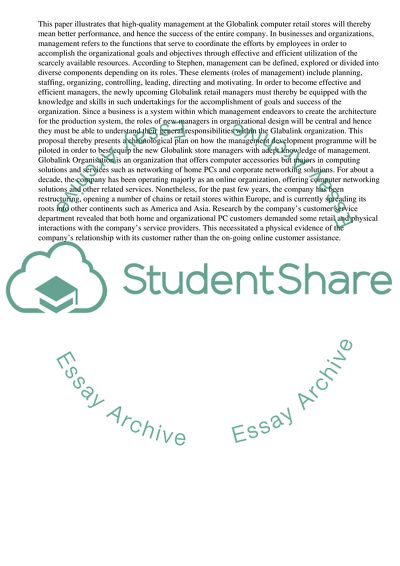Cite this document
(“Management Development Programme Assignment Example | Topics and Well Written Essays - 3750 words”, n.d.)
Management Development Programme Assignment Example | Topics and Well Written Essays - 3750 words. Retrieved from https://studentshare.org/business/1679652-training-and-development
Management Development Programme Assignment Example | Topics and Well Written Essays - 3750 words. Retrieved from https://studentshare.org/business/1679652-training-and-development
(Management Development Programme Assignment Example | Topics and Well Written Essays - 3750 Words)
Management Development Programme Assignment Example | Topics and Well Written Essays - 3750 Words. https://studentshare.org/business/1679652-training-and-development.
Management Development Programme Assignment Example | Topics and Well Written Essays - 3750 Words. https://studentshare.org/business/1679652-training-and-development.
“Management Development Programme Assignment Example | Topics and Well Written Essays - 3750 Words”, n.d. https://studentshare.org/business/1679652-training-and-development.


